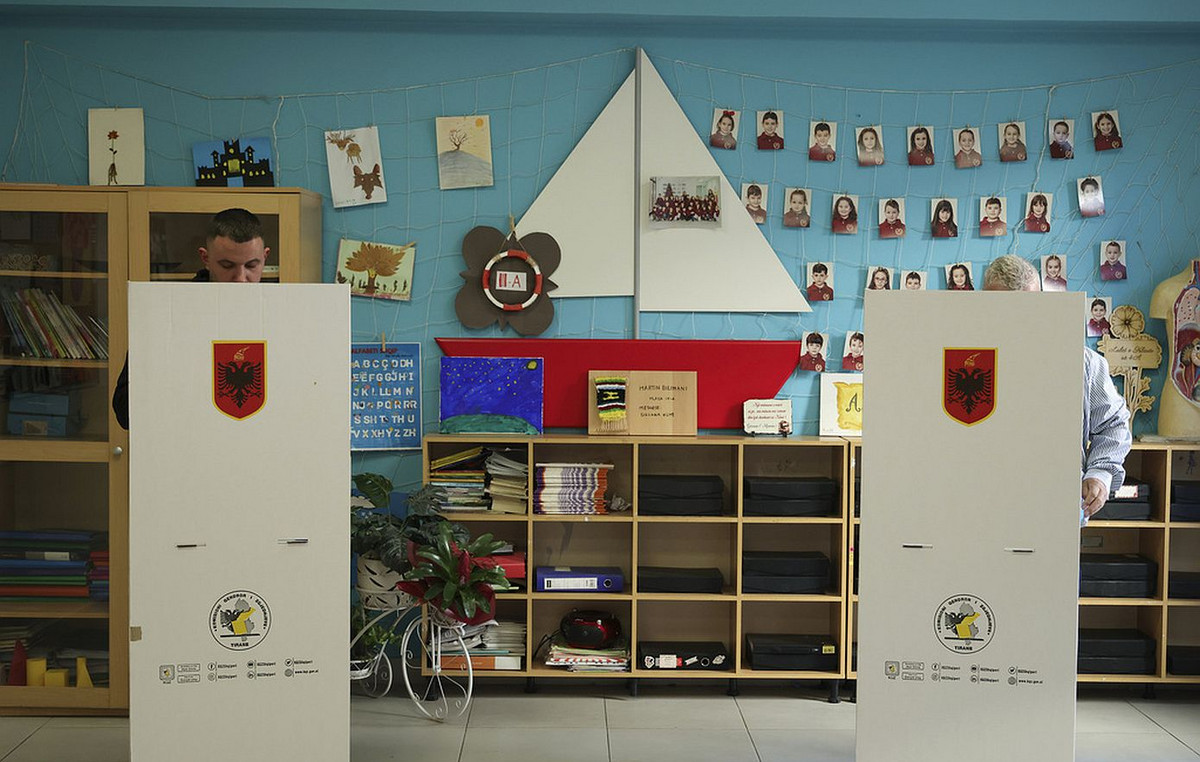The National Health Surveillance Agency (Anvisa) recently approved the use of the antibiotic Recharge from the pharmaceutical company MSD, for the treatment of hospital pneumonia caused by super-resistant bacteria . The approval was based on the results of the clinical study that evaluated the efficacy and safety of the drug for the treatment of hospital-acquired pneumonia and ventilator-associated pneumonia.
Currently, hospital-acquired pneumonia is one of the most common healthcare-associated infections, with high morbidity and mortality. Gram-negative bacteria are considered super-resistant and are the main causative agents of hospital infections, accounting for 70% of cases, with emphasis on Klebsiella sp, Escherichia coli and Pseudomonas sp.
The World Health Organization (WHO) recently classified bacterial resistance as one of the greatest threats to global public health. In May of this year, the organization released a list of 15 bacteria that are most dangerous to human health due to their resistance to antibiotics, and classified gram-negative bacteria as a critical priority.
“Despite advances in healthcare, hospital infections continue to be a significant cause of illness and death. These infections are often caused by resistant organisms, which is why it is so important to bring this medicine to Brazil, as it is a new therapeutic option that will help healthcare professionals in the care and treatment of their patients,” says Márcia Datz Abadi, medical director of MSD in Brazil.
What is Recarbrio and what is it for?
Recarbrio is an antibiotic indicated for adults over 18 years of age in the treatment of hospital-acquired bacterial pneumonia and ventilator-associated bacterial pneumonia caused by the bacteria. Acinetobacter calcoaceticus-baumannii, Enterobacter cloacae, Escherichia coli, Haemophilus influenzae, Klebsiella aerogenes, Klebsiella oxytoca, Klebsiella pneumoniae, Pseudomonas aeruginosa and Serratia marcescens.
The efficacy and safety of the antibiotic were evaluated in the phase 3 RESTORE-IMI 2 study. In it, 537 adults admitted with hospital-acquired bacterial pneumonia to 113 hospitals were randomly assigned to receive either a dose of Recarbrio or a dose of PIP/TAZ (piperacillin 4000 mg/tazobactam 500 mg), each given intravenously every six hours for seven to 14 days.
According to the study, Recarbrio was more effective in reducing the incidence of mortality from hospital-acquired bacterial infections than PIP/TAZ. All-cause mortality at 28 days was 15.9% in patients treated with the antibiotic, compared with 21.3% in those treated with PIP/TAZ. Clinical response at early follow-up was 61% for Recarbrio and 55.8% for the PIP/TAZ group.
What are super-resistant bacteria?
Antimicrobial resistance occurs when bacteria, viruses, fungi and parasites stop responding to medicines, making people sicker and increasing the risk of spreading disease and death.
In the case of bacteria, this phenomenon is known as antibiotic resistance and microorganisms that exhibit this resistance are called “superbugs”.
According to the WHO, resistance is mostly caused by the misuse and excessive use of antibiotics by patients.
Low vaccination rates among pregnant women increase the risk of serious diseases in babies
This content was originally published in Anvisa approves treatment against super-resistant bacteria on the CNN Brasil website.
Source: CNN Brasil
I am an experienced journalist and writer with a career in the news industry. My focus is on covering Top News stories for World Stock Market, where I provide comprehensive analysis and commentary on markets around the world. I have expertise in writing both long-form articles and shorter pieces that deliver timely, relevant updates to readers.







